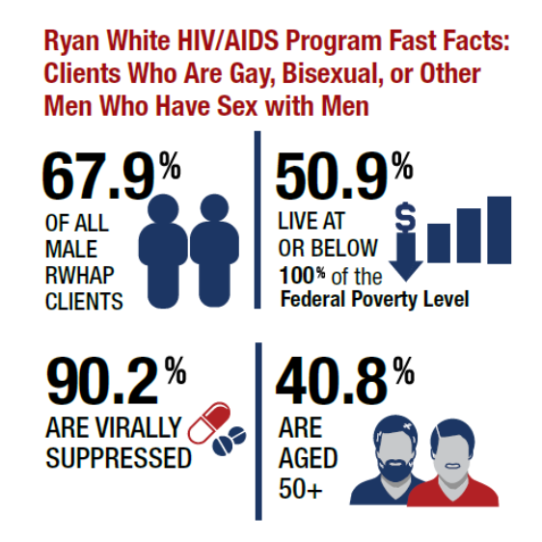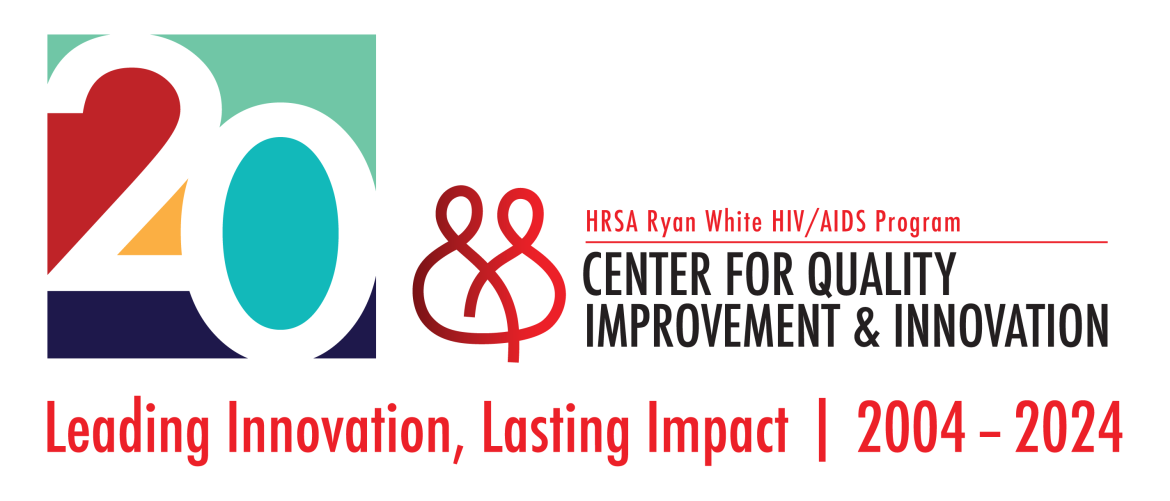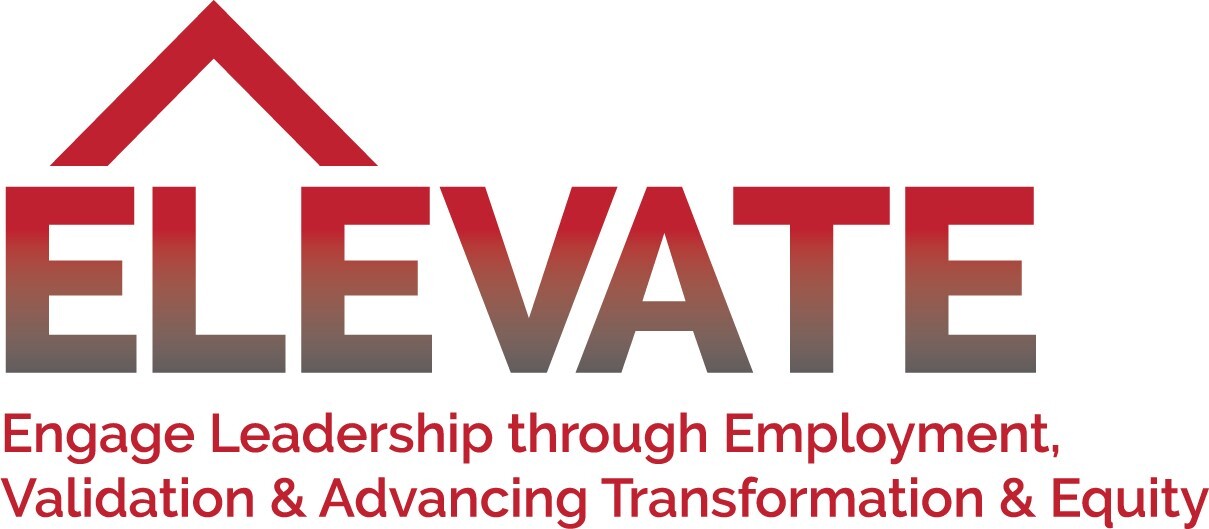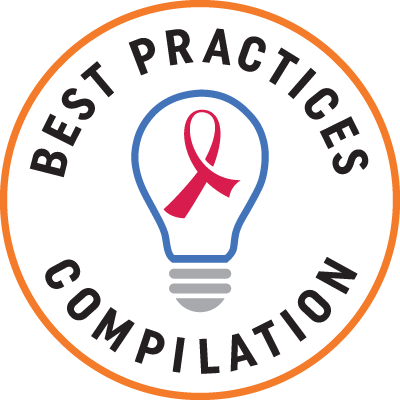
MSM - Men who have Sex with Men

MSM comprise the majority of HIV/AIDS cases in the U.S., representing over half of those infected with HIV/AIDS. In 2022, among MSM getting medical care from the RWHAP, 90.2% achieved viral suppression. These rates varied across MSM populations, particularly MSM with unstable housing and younger MSM.
Best Practices
- SPNS Black MSM Initiative
- Center for Innovation and Engagement
- AIDS Action Foundation
- IHIP
- SPNS Latino Access Initiative, UCSF Center for AIDS Prevention Studies
Technical Assistance

TA/training for RWHAP agencies to improve the quality of HIV/AIDS care they provide. Project period: 2020-2024.
Clinician consultation on HCV management, HIV management, perinatal HIV/AIDS, pre-exposure prophylaxis (PrEP), post-exposure prophylaxis, substance use. Project period: 2016-2025.

ELEVATE will prepare people with HIV to meaningfully engage and take on leadership roles in planning bodies, advocacy actions, and the HIV workforce. Project period: 2020-2024.
ESCALATE will focus on reducing HIV stigma through training participants in EHE jurisdictions. Project period: 2020-2024.
- The NHC provides ongoing, up-to-date information needed to meet the core competency knowledge for HIV prevention, screening, diagnosis, and ongoing treatment and care to healthcare providers in the United States. Project period: 2020-2022.
 Initiative documenting best practice strategies and interventions that have been shown to improve HIV outcomes in a "real world" setting and can be replicated by other programs. Project period: 2021-2024.
Initiative documenting best practice strategies and interventions that have been shown to improve HIV outcomes in a "real world" setting and can be replicated by other programs. Project period: 2021-2024.- Interactive data tool to visualize the reach, impact, and outcomes of the RWHAP. HRSA offers office hours and webinars to help use the tool.
- HRSA SPNS project applying the implementation science framework to identify innovative HIV interventions for three priority populations (people with substance use disorder, sexual minority youth, people involved in criminal justice system) and use of telehealth. Project period: 2021-2025.